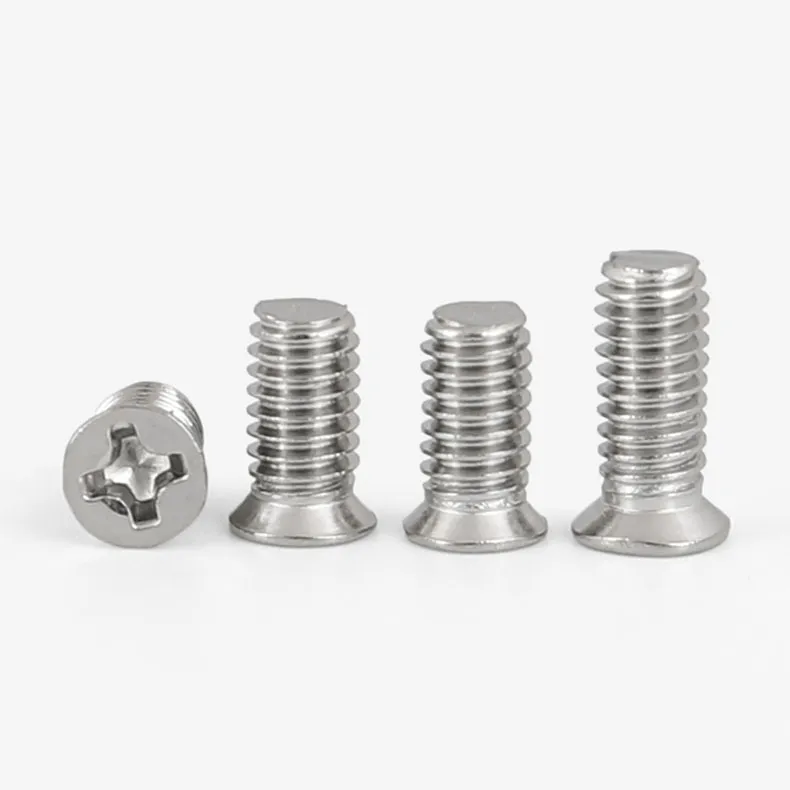

thick washers for bolts
Oct . 17, 2024 09:13 Back to list
thick washers for bolts
Understanding Thick Washers for Bolts A Comprehensive Guide
In the realm of mechanical engineering and construction, the importance of fasteners cannot be overstated. Among these, bolts serve as the backbone for creating strong, reliable connections. However, to ensure that these connections withstand various stresses and loads, the use of washers, particularly thick washers, becomes crucial. This article delves into the significance, application, and types of thick washers for bolts, providing insights into their advantages and best practices.
What Are Thick Washers?
Thick washers are circular discs made from metal or other materials that are placed under the head of a bolt or nut, or between the bolt/nut and the surface it is fastening. Their primary purpose is to distribute the load of the fastener over a larger area, which helps reduce the risk of damage to the surface being secured. Thick washers, in particular, offer enhanced capabilities over standard washers in terms of load distribution, resistance to deformation, and minimizing fatigue.
Importance of Using Thick Washers
1. Load Distribution Thick washers provide a larger bearing surface for the bolt or nut. This is particularly beneficial when fastening materials that are prone to deformation, such as soft metals or plastics. By spreading the load over a broader area, thick washers help prevent the material from bulging or cracking.
2. Reduction of Bolt Fatigue Repeated loading and unloading can cause fatigue in both the bolt and the material being fastened. By using thick washers, the stress concentrations on the bolt can be minimized, which reduces the risk of premature failure.
3. Protection Against Corrosion In environments where corrosion is a concern, thick washers can act as a barrier between the bolt and the material, helping to protect both from atmospheric and contact corrosion.
Applications of Thick Washers
thick washers for bolts

Thick washers are used in various applications across multiple industries. Some of the most common include
- Construction In structural applications such as steel beams and frameworks, thick washers help ensure that the connections are both strong and reliable. - Automotive In vehicles, thick washers are often used to secure components such as engine mounts, suspensions, and various assemblies, ensuring safety and performance. - Aerospace The aerospace industry relies heavily on thick washers to maintain the integrity of fastened joints in aircraft, where any failure can have catastrophic consequences. - Heavy Machinery In heavy equipment, thick washers help secure vital components under high loads, preventing mechanical failures that can lead to significant downtime and cost.
Types of Thick Washers
Thick washers come in various shapes, sizes, and materials, each suited for different applications. The most common types include
1. Flat Washers Simple circular washers that offer uniform load distribution. 2. Lock Washers Designed to prevent loosening under vibrations; these washers can be thinned or have serrated edges for enhanced grip. 3. Fender Washers With an extra-large outer diameter, these washers are ideal for distributing loads over larger areas, making them suitable for softer materials.
Best Practices for Using Thick Washers
To maximize the effectiveness of thick washers, consider the following best practices
- Select the Right Size Ensure that the washer's inner diameter fits the bolt and that the outer diameter is suitable for the application. - Material Compatibility Match the washer material to the bolt and the surface being fastened to mitigate corrosion issues. - Regular Inspections Periodically check the integrity of bolts and washers, especially in high-stress environments, to prevent mechanical failures.
Conclusion
Thick washers play an essential role in enhancing the performance and longevity of bolt connections. By understanding their functions and applications, engineers, construction professionals, and DIY enthusiasts can make informed decisions that lead to safer and more reliable assemblies. With proper selection and application, thick washers offer a simple yet effective solution to many fastening challenges, ensuring that structures and systems perform optimally under various conditions.
Latest news
-
High-Strength Hot Dip Galvanized Bolts - Hebei Longze | Corrosion Resistance, Customization
NewsJul.30,2025
-
Hot Dip Galvanized Bolts-Hebei Longze|Corrosion Resistance&High Strength
NewsJul.30,2025
-
High-Strength Hot-Dip Galvanized Bolts-Hebei Longze|Corrosion Resistance&High Strength
NewsJul.30,2025
-
Hot Dip Galvanized Bolts-Hebei Longze|Corrosion Resistance&High Strength
NewsJul.30,2025
-
Hot Dip Galvanized Bolts - Hebei Longze | Corrosion Resistance, High Strength
NewsJul.30,2025
-
High-Strength Hot Dip Galvanized Bolts-Hebei Longze|Corrosion Resistance, Grade 8.8
NewsJul.30,2025

